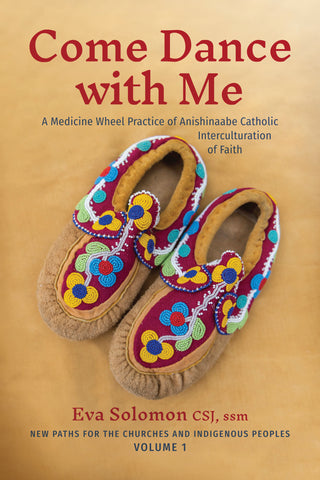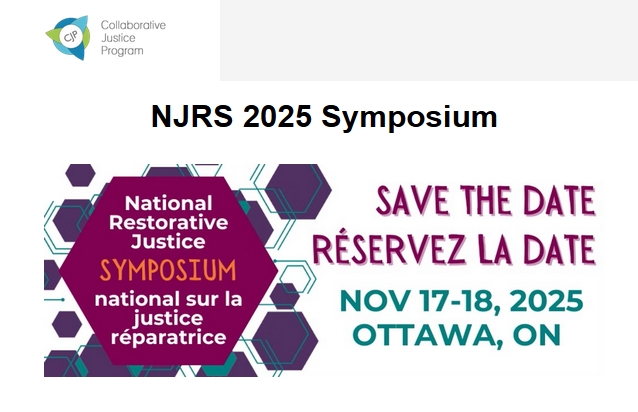
NRJS 2025: CELEBRATING PROGRESS, SHAPING THE FUTURE
Restorative justice is deeply rooted in Canada. For decades, it has evolved thanks to the dedication of practitioners, educators, community leaders, rights advocates, and visionaries. From its Indigenous roots to its applications in justice systems, schools, universities, and social programs, it has transformed our understanding of justice, healing, accountability, and community.
This years theme: Celebrating Progress, Shaping the Future is both a reflection and a call to action:
• Honouring past achievements
• Imagining a more equitable and sustainable future
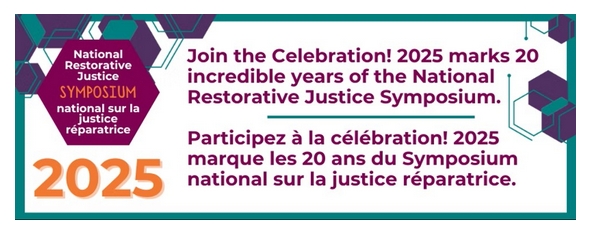

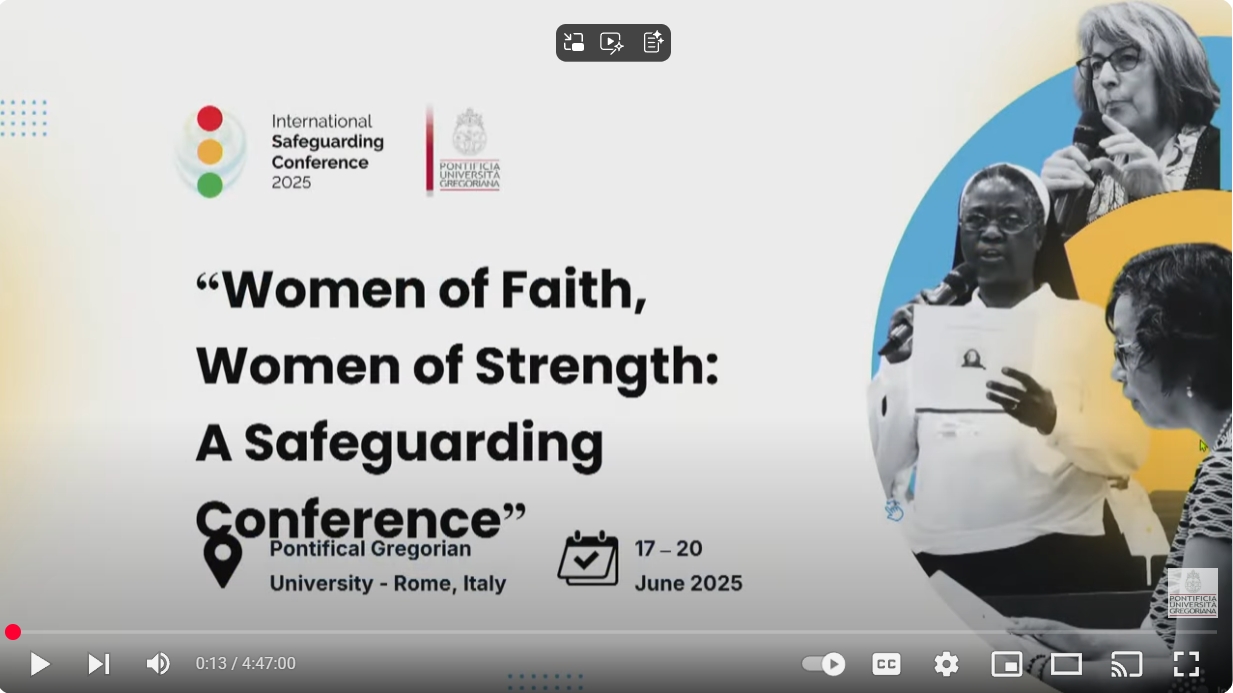
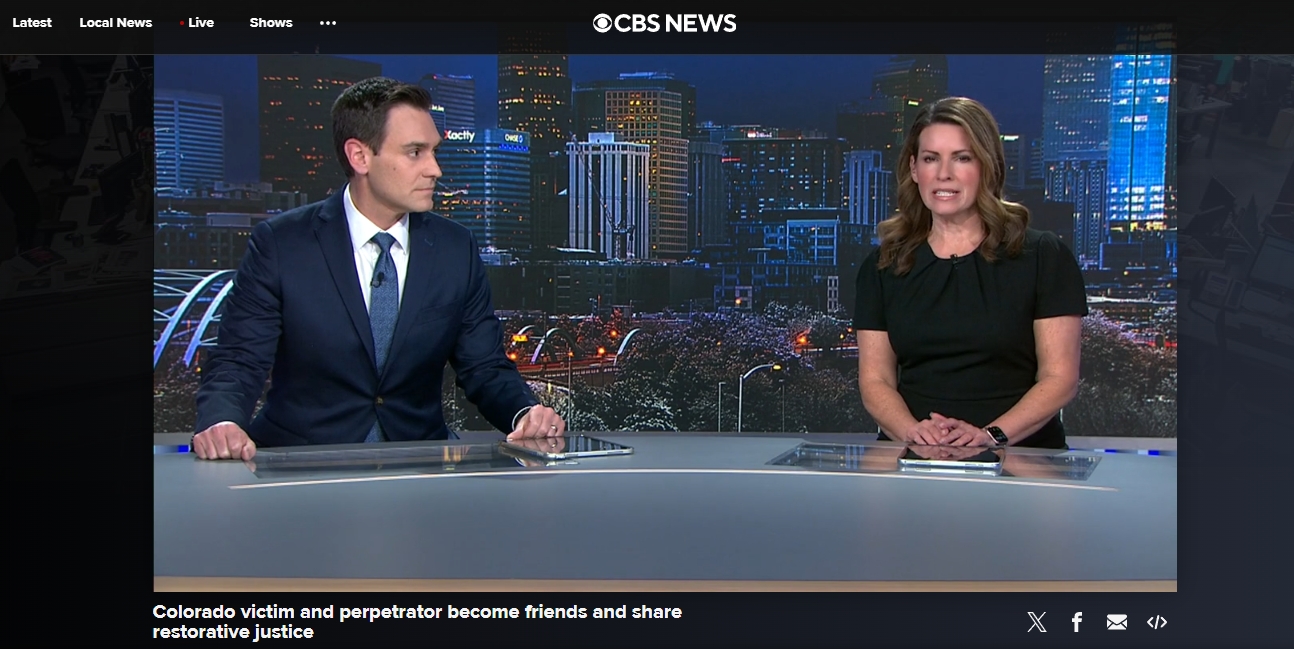
.png)

